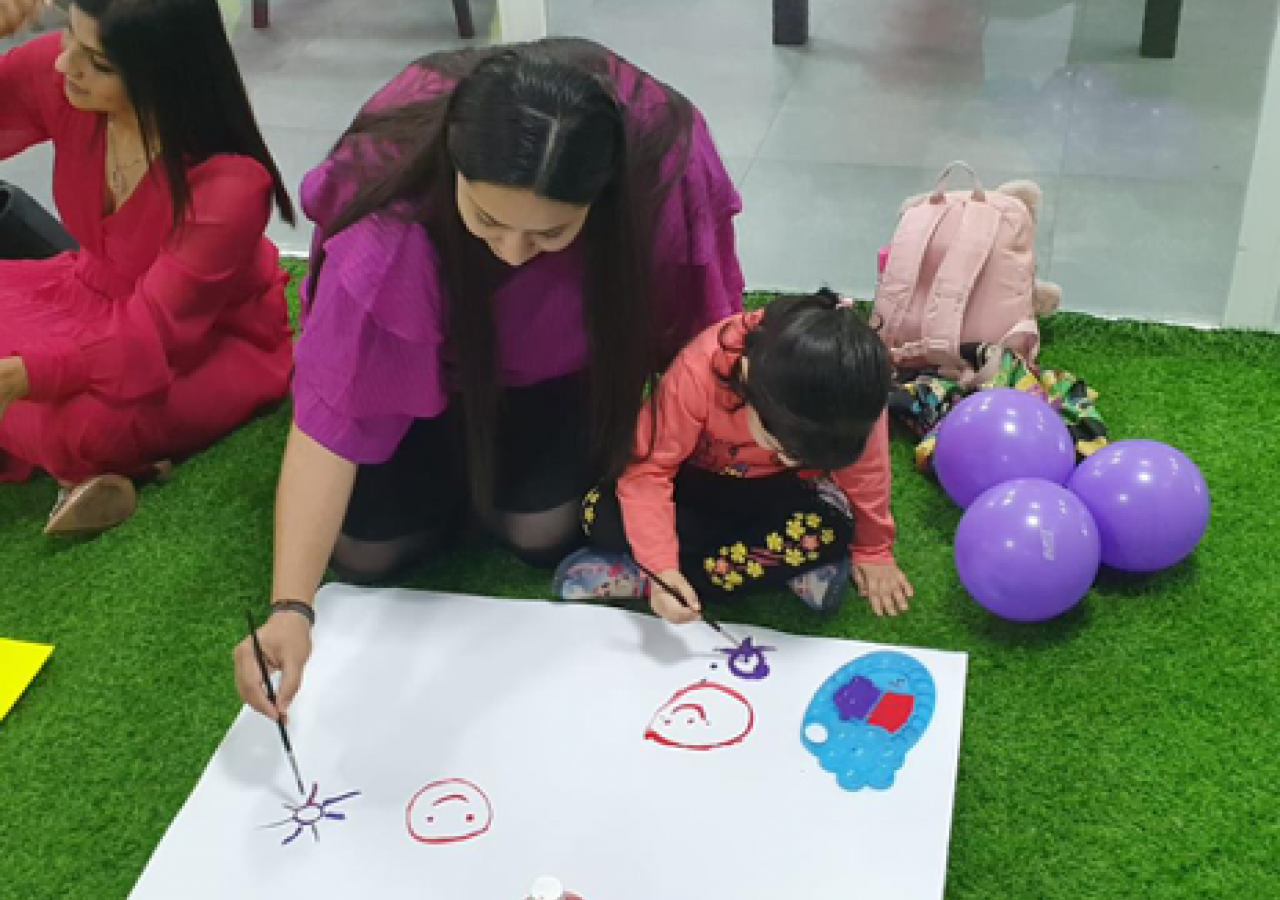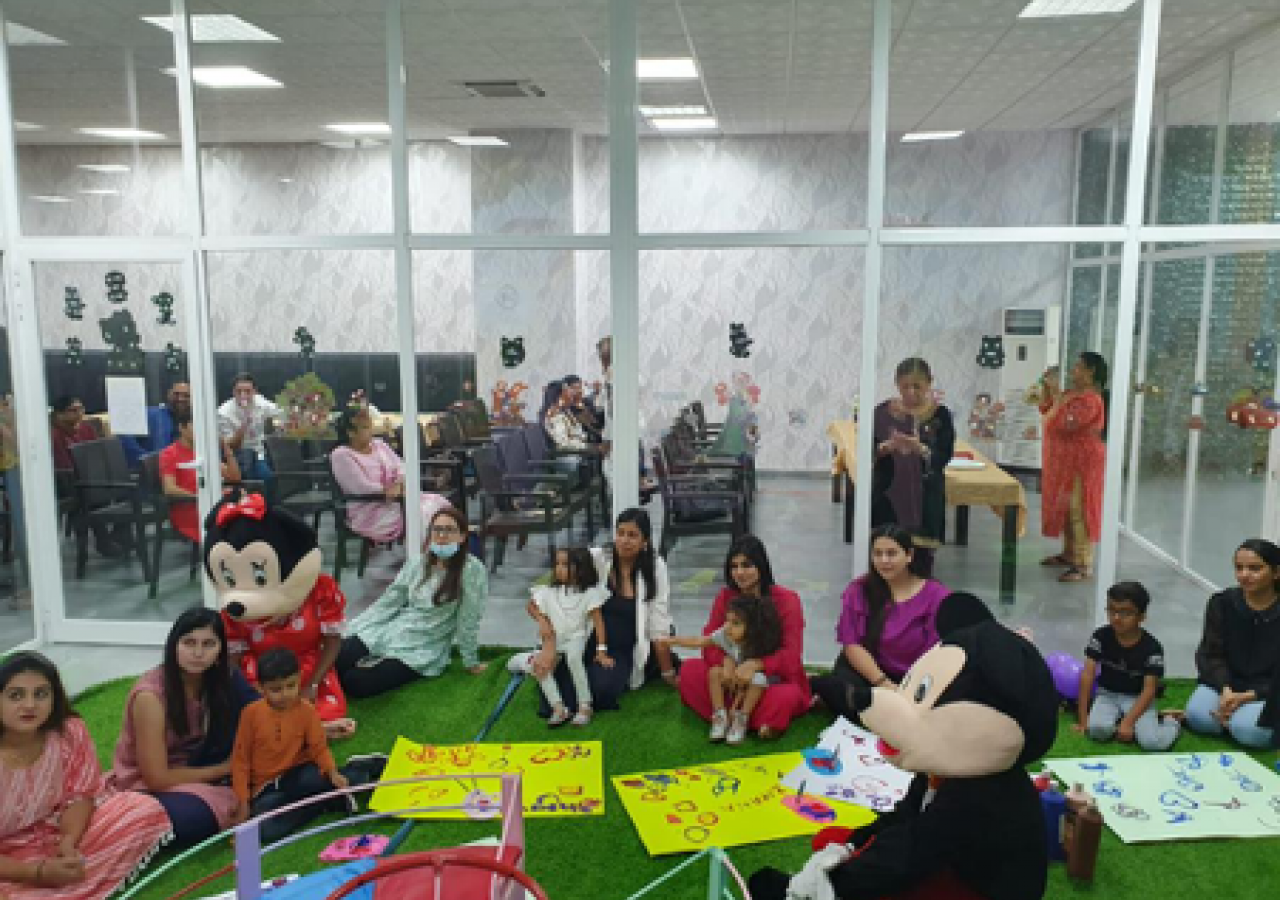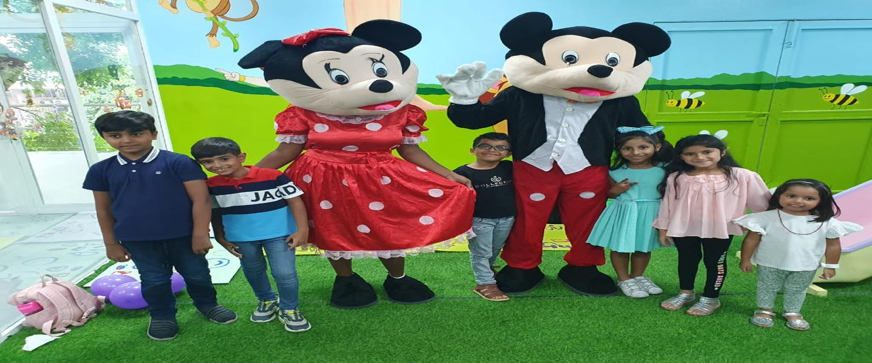An early childhood with care, love, stimulation and interaction paves the way for a child to fulfill his or her full potential. The child becomes a healthier and more balanced adult.
During the activity, Prof Faustino Inocêncio spoke about the importance of the ECD:
“It has now been more than proven that investing at an early stage in Education in children reaps great lifelong rewards, preparing children for greater opportunities in life as well as developing a healthy and productive member of any society”.
ECD encompasses a wide variety of activities designed to promote children's cognitive and social development before entering kindergarten.
One challenge that ECD educators face is the fact that their work is often dismissed or devalued as “simply playtime.” This could not be farther from the truth.
Young children have incredibly impressionable and elastic minds that are constantly soaking up information from their surroundings and learning from interactions and experiences. They are born to learn and hardwired to perceive, imitate, experiment and explore.
Simply put, the purpose of ECD is to provide children with strategies that help them develop the emotional, social and cognitive skills needed to become lifelong learners.
Language and literacy: Language provides the foundation for the development of literacy skills. Learning to communicate through gestures, sounds and words increases a child’s interest in — and later understanding of — books and reading.
Thinking: Children are born with a need to understand how things work. In their everyday experiences, they use and develop an understanding of math concepts, such as counting and sorting, and problem-solving skills that they will need for school.
Self-control: This refers to the ability to express and manage emotions in appropriate ways and is essential for success in school and healthy development overall. It enables children to cooperate with others, cope with frustration and resolve conflicts.
Self-confidence: When children feel competent and believe in themselves, they are more willing to take on new challenges. Self-confidence is also crucial for navigating social challenges, such as sharing, competition and making friends.”
Activities were carried out namely – Role Play in English, and Arts and Crafts between mothers and children.
The Education Board team would like to extend a very special thanks to Rojmin Sohil Khoja for offering the space for ECD and St. Andrews for the partnership in this first program.
The ECD project will bring more surprises and news in 2023 and for that we count on the presence of all the parents and children of our Jamat in Angola.









